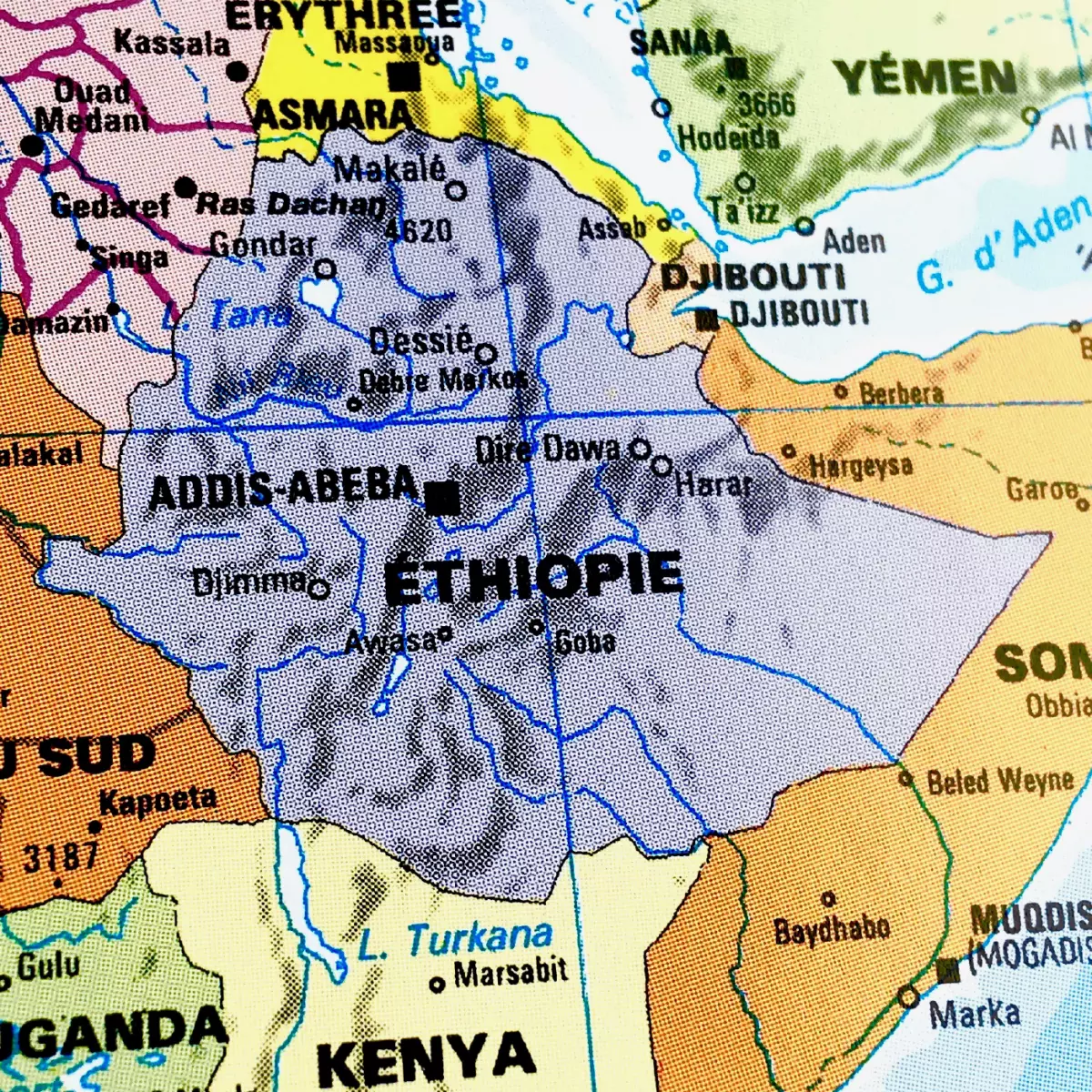
“The Ending Cholera: A Global roadmap to 2030” strategy, which was launched in October 2017, provides a concrete path to end cholera as a public health threat in up to 20 countries and reduce deaths by 90% by 2030. The strategy involves three axes:
- Early detection and quick response to contain outbreaks at an early stage;
- A multi-sectoral approach to prevent cholera in hotspots in endemic countries;
- An effective mechanism of coordination for technical support, resource mobilization and partnership at the local and global level.
Cholera hotspots are defined geographical areas where outbreaks occur in a repeated and persistent manner. Hotspots play a key role in the spread of the disease, as outbreaks often amplify and spread from hotspots to other at-risk areas[3].
Cholera deaths can be prevented by improving access to safe drinking water, basic sanitation and hygiene. However, in Ethiopia, approximately 30% of rural populations and 77% of urban populations have access to at least basic drinking water sources (i.e., drinking water from an improved source, provided collection time is not more than 30 minutes for a round trip, including queuing), according to 2015 estimates. The same report found that a mere 4% of rural populations and 18% of urban populations have access to at least basic sanitation (i.e., use of improved facilities that are not shared with other households). Approximately, 32% of rural populations in Ethiopia perform open defecation [4].
In Ethiopia, at least 871 people have been affected by the disease this year as of July 3rd [5]. The move to commit to “The Ending Cholera Roadmap” objectives represents a crucial milestone in the combat against the disease, which remains a major health burden in Ethiopia as well as in neighboring countries [6].
---
[1] WHO (2019) Ethiopia Health Cluster Bulletin #5, [online]
[2] Ambelu, Ayele Addis (2019) ‘Ethiopia launch of Ending Cholera: A Global Roadmap to 2030’. Satenaw news. [online] (Accessed 9 August 2019)
[3] Global Task Force on Cholera Control (2017) Ending Cholera. A Global Roadmap to 2030, World Health Organization (WHO).
[4] WHO, JMP and UNICEF (2017) JMP Progress on Drinking Water, Sanitation and Hygiene: 2017 Update and SDG Baselines.
[5] IFRC (2019) Emergency Plan of Action (EPoA) Ethiopia: Cholera outbreak response - 16 July 2019,
[6] World Health Organization (n.d.) ‘Cholera case and death numbers by country’. The Weekly Epidemiological Record. [online] Available from: https://www.who.int/wer/en/
